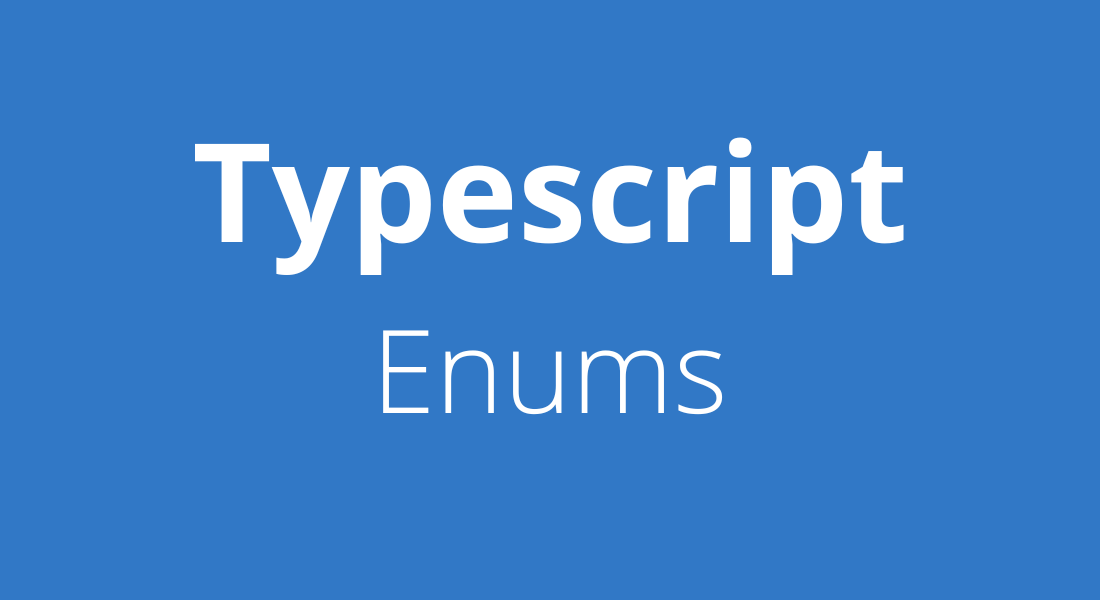Why You Should Avoid TypeScript Enums A Bunch of Problems with TypeScript Enums Published at 2024-08-16

We all know TypeScript is great for solving typing issues in JavaScript, especially when you want to prevent bugs by restricting what values a variable can hold. For example, say we only want the role variable to be either admin, user, or employee. If you try to assign any other string, it should throw an error. Here’s what that might look like:
let role = "admin"; // expected to be okay
role = "employee" // expected to be okay
role = "teacher" // expected to be errorSo far, so good. To handle this, you could use a union string type like this:
type Roles = 'admin' | 'employee' | 'user';
let role: Roles = 'admin'; // okay
role = 'teacher'; // errorBut if you go with that union type, you’ll lose out on code editor autocompletion. You end up needing to know the exact options without any hints. Then, let’s have a look at what the Enums is!
enum ROLES {
ADMIN = "admin",
EMPLOYEE = "employee",
USER = "user"
}
let role: ROLES = ROLES.ADMIN // okay
role = ROLES.EMPLOYEE // okay
With Enums, you get the autocomplete magic and can prevent any unintended strings from being assigned. But here’s where things get weird with TypeScript’s Enums:
let role: ROLES = ROLES.ADMIN // okay
role = "admin" // Type '"admin"' is not assignable to type 'ROLES'.What the heck? How does assigning ”admin” to role throw an error? Isn’t that the same value as ROLES.ADMIN? It gets even wilder with numeric Enums:
enum NUMBER {
ONE = 1,
TWO = 2
}
let number: Number = NUMBER.ONE; // okay
number = 1; // okay
Super confusing, right? And if you have two Enums with the same values, you can’t assign one Enum to the other—even if the values match exactly:
enum ANOTHER_ROLES {
ADMIN = "admin",
EMPLOYEE = "employee",
USER = "user"
}
let role: ROLES = ROLES.ADMIN // okay
role = ANOTHER_ROLES.ADMIN // Type 'ANOTHER_ROLES.ADMIN' is not assignable to type 'ROLES'.
On top of that, if you peek at the transpiled code (from TS to JS), you’ll notice it bloats your bundle size. Here’s what happens when TypeScript compiles Enums to JavaScript:
"use strict";
var ROLES;
(function (ROLES) {
ROLES["ADMIN"] = "admin";
ROLES["EMPLOYEE"] = "employee";
ROLES["USER"] = "user";
})(ROLES || (ROLES = {}));
let role = ROLES.ADMIN; // okay
role = ROLES.EMPLOYEE; // okayMost developers avoid using Enums for type and value declarations. They often prefer using const ... as const thing, which I’ll break down in another post. Hope you enjoyed this one, and as always, I appreciate any feedback. Catch you later!